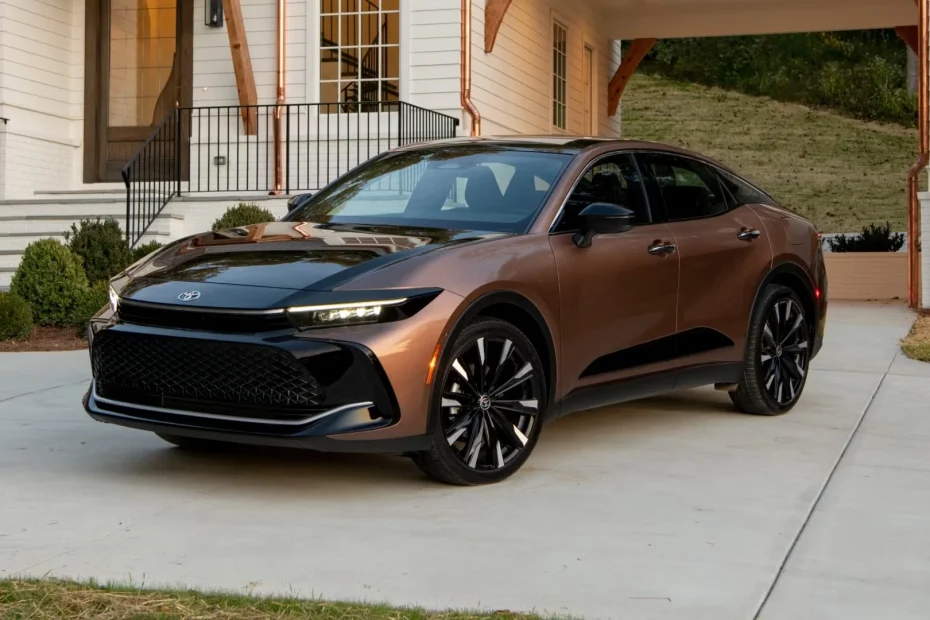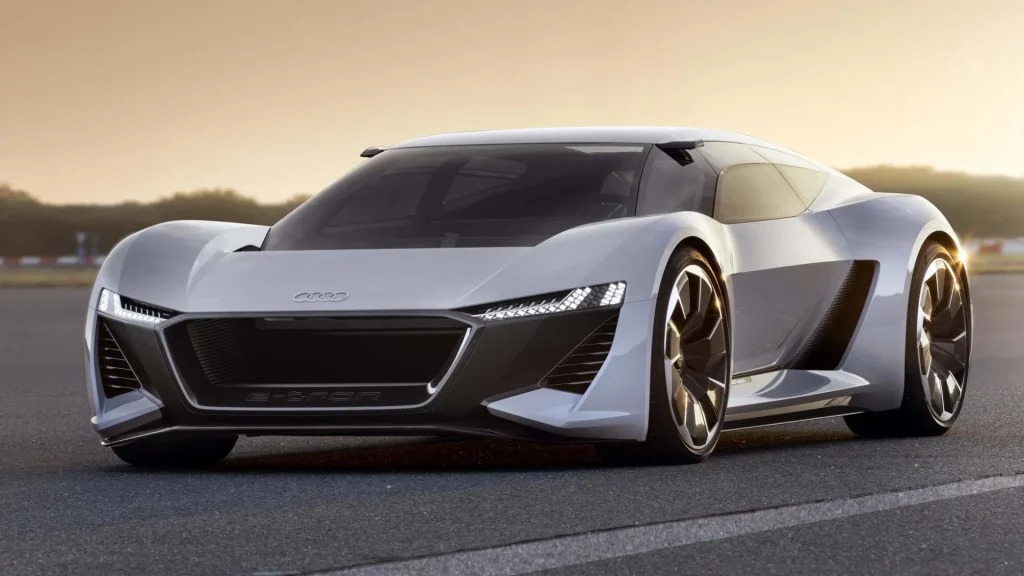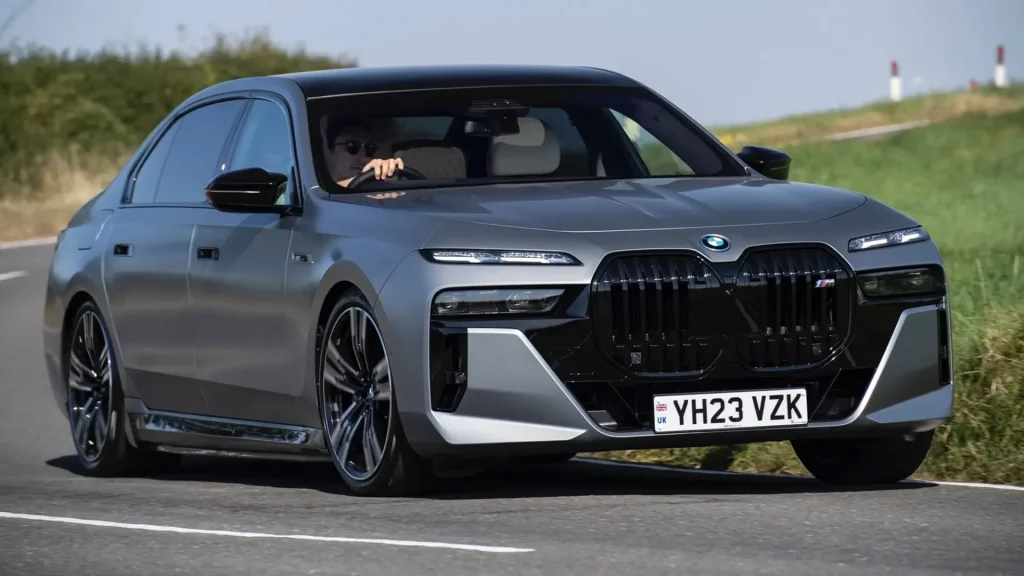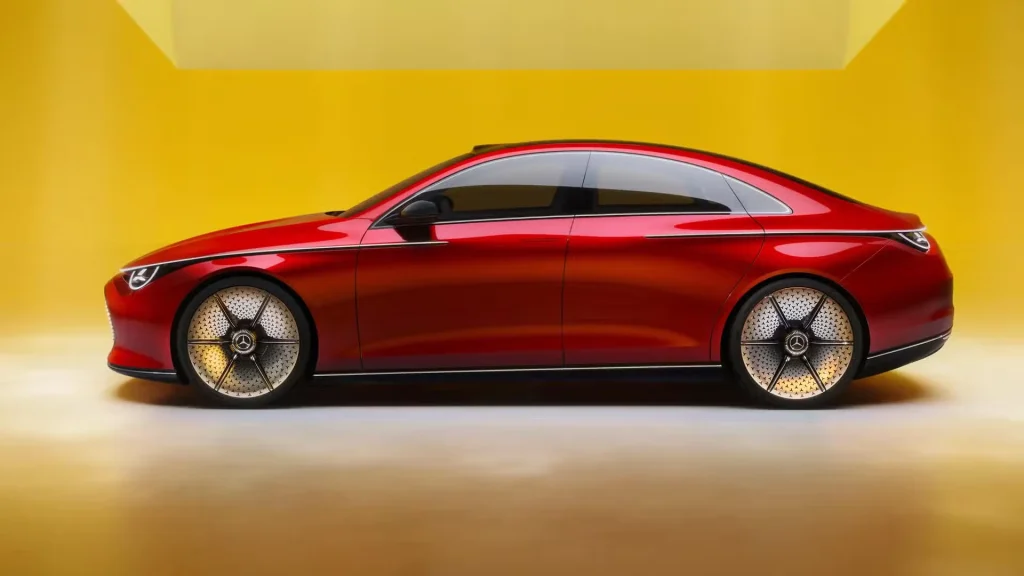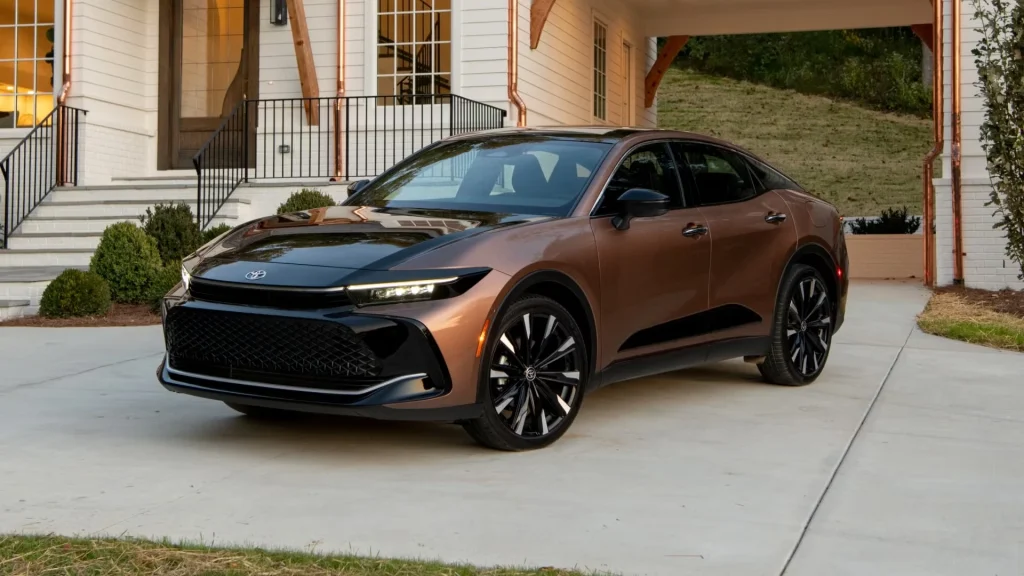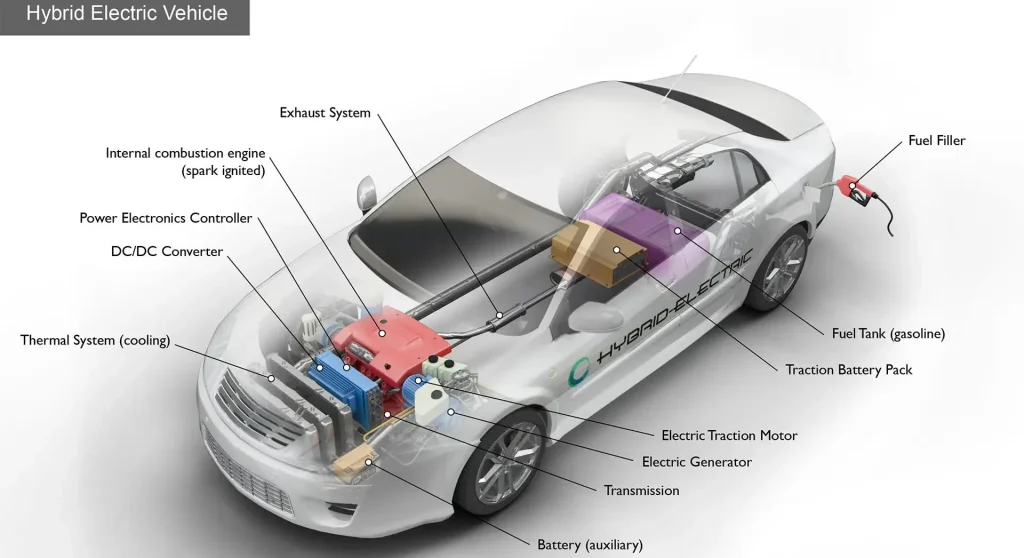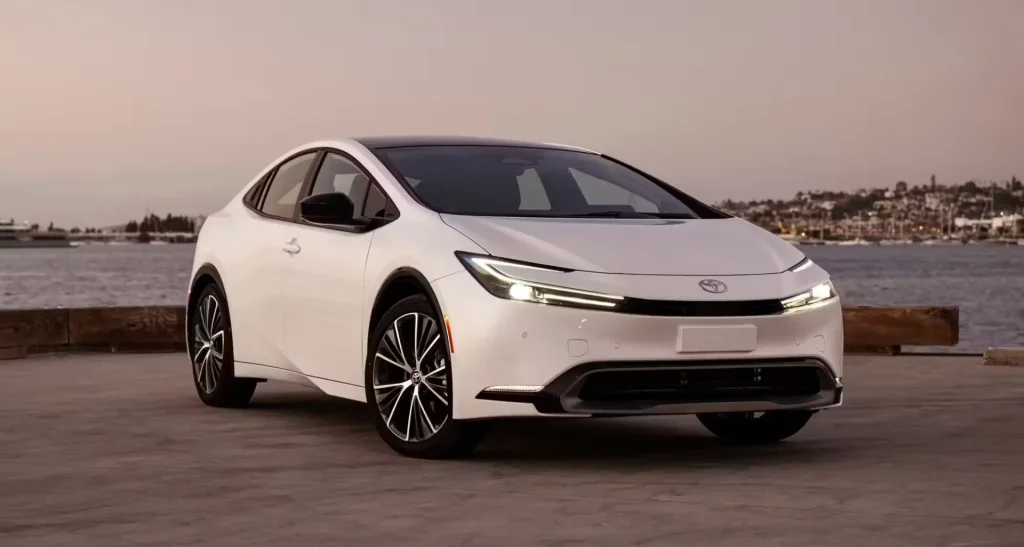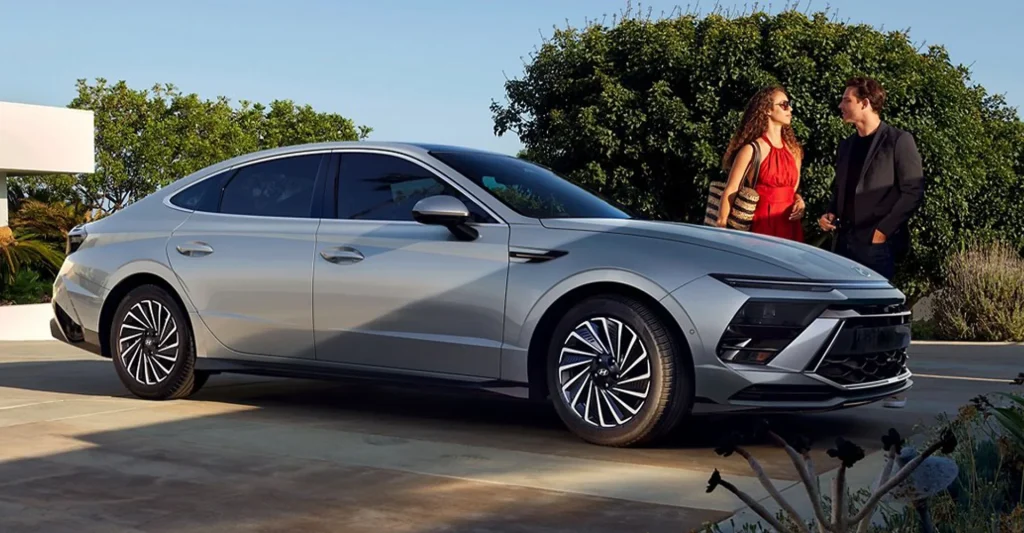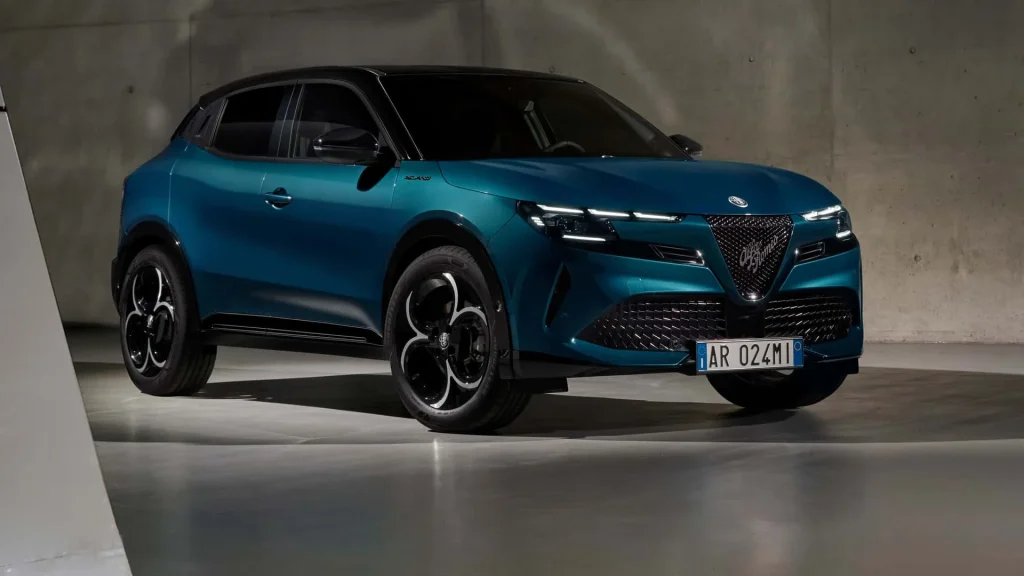The automotive world is rapidly evolving, with a significant shift towards more sustainable and eco-friendly options. Among these, hybrid cars have emerged as a compelling choice for drivers seeking a balance between fuel efficiency, reduced emissions, and the familiarity of traditional combustion engines. This comprehensive guide delves into the world of hybrid cars, exploring what they are, their pros and cons, and practical tips for ownership. Let’s embark on this journey to understand if a hybrid car is the right choice for you.
What Exactly is a Hybrid Car?
At its core, a hybrid car is a vehicle that cleverly combines two power sources for propulsion: a conventional internal combustion engine (ICE) and an electric motor. This ingenious marriage of technologies aims to optimize fuel efficiency and minimize emissions, offering a stepping stone towards a greener future. The electric motor draws power from batteries, which are then coupled with the combustion energy derived from gasoline or diesel. There are three main types of hybrid vehicles available in the market:
- Full Hybrid (also known as conventional hybrid)
- Mild Hybrid
- Plug-in Hybrid
Hybrid vs. Electric: Navigating the Best Choice for You
Choosing between a hybrid and a fully electric car is a personal decision, influenced by individual needs, driving habits, and priorities. Electric cars (EVs), powered solely by electricity, boast zero tailpipe emissions and significant long-term fuel cost savings. They represent the pinnacle of eco-conscious driving. However, they also come with their own set of considerations, such as the need for charging infrastructure and potential range limitations, depending on the model and driving conditions.
Hybrid cars, on the other hand, provide a more gradual transition into the world of electrified vehicles. They retain the familiar refueling process of combustion engines while incorporating the efficiency benefits of electric motors. With the exception of Plug-in Hybrids, they do not require external charging, adding to their convenience. Hybrids offer an extended driving range compared to many EVs, alleviating range anxiety, especially for those who frequently undertake long journeys.
Are Hybrid Cars Considered Gasoline Cars?
Yes, hybrid cars utilize gasoline or diesel as one of their energy sources. It’s important to understand that the combustion engine is still a vital component of the hybrid system. However, the presence of an electric motor and batteries significantly enhances fuel efficiency by assisting the combustion engine, taking over during low-speed driving, and capturing energy during braking through regenerative braking.
The Flip Side: Disadvantages of Hybrid Cars
While hybrids offer a plethora of advantages, it’s essential to acknowledge their potential drawbacks:
- Complex Technology: The intricate interplay of the combustion engine, electric motor, and battery system makes hybrids more technologically complex than conventional cars. This complexity can translate into higher repair costs in case of malfunctions.
- Battery Replacement Costs: Hybrid batteries, although designed for longevity, have a finite lifespan. Replacing a hybrid battery can be a substantial expense.
- Specialized Maintenance: The specialized nature of hybrid technology means that finding qualified mechanics for repairs might be more challenging than for conventional cars. It’s best to do your research and find reputable service centers in your area.
Is Buying a Hybrid Car Worth It? The Million-Dollar Question
The decision to embrace a hybrid car is multifaceted, influenced by factors such as budget, driving patterns, environmental concerns, and personal preferences.
If you prioritize fuel economy, reduced emissions, and a smoother, quieter driving experience, especially in urban environments, a hybrid can be an excellent investment. However, it’s crucial to carefully weigh the upfront purchase cost and potential maintenance expenses against the long-term benefits of fuel savings and environmental responsibility.
Do Hybrid Cars Need to Be Charged?
The need for external charging depends on the specific type of hybrid:
- Full Hybrids and Mild Hybrids: These do not require external charging. Their batteries are charged internally through the combustion engine and regenerative braking, which captures energy during deceleration.
- Plug-in Hybrids (PHEVs): These are equipped with larger batteries that can be charged by plugging into an external power source, such as a home charging station or a public charging point. This allows for a more extended all-electric driving range, offering the best of both worlds.
What Happens If a Hybrid Runs Out of Gas?
If a hybrid car runs out of fuel, the electric motor can continue to operate for a short period, using the remaining energy stored in the battery. However, this electric-only range will be very limited, and the vehicle will need to be refueled with gasoline to continue operating normally. Think of it as a safety net, allowing you to reach a gas station or a safe location.
Hybrid Battery Durability: How Long Do They Last?
Hybrid car batteries are engineered for longevity, typically lasting well beyond 125,000 miles (200,000 km). Many manufacturers offer extended warranties on hybrid batteries, providing owners with added peace of mind. It is important to note that proper maintenance, such as avoiding full charges and discharges, can extend battery life.
Hybrid Cars for Long Trips: Are They Suitable?
Hybrid cars are well-suited for long journeys, thanks to their dual-power system. On highways, the combustion engine typically takes the lead, providing ample power for sustained cruising. The electric motor assists during accelerations and overtaking maneuvers, ensuring a smooth and responsive driving experience. This combination delivers a good balance of performance and fuel economy on long stretches of road.
Hybrid Performance at High Speeds: How Do They Fare?
Hybrid cars perform efficiently at high speeds, with the combustion engine handling most of the workload during highway driving. The electric motor may provide assistance during acceleration and passing, delivering satisfactory performance. It’s worth noting that fuel efficiency might decrease at very high speeds, just as it does in any other type of vehicle.
Hybrid Car Range: How Far Can They Go?
The range of a hybrid car varies depending on the specific model, the type of hybrid system, and individual driving habits. Plug-in Hybrids, with their larger batteries, offer the longest electric-only range, capable of covering dozens of miles without relying on the combustion engine. Full Hybrids and Mild Hybrids have a more limited electric-only range but compensate with the extended range provided by the combustion engine.
Best Car for Highway Driving: Factors to Consider
The best car for highway driving is one that offers a comfortable ride, safety features, good performance, and fuel efficiency. Diesel-powered cars, hybrids, and some fuel-efficient gasoline models can be excellent choices. Spacious SUVs with efficient engines are also popular for long family road trips.
Best Vehicle Type for Highway: Matching Your Needs
The ideal vehicle type for highway driving depends on your specific requirements, the number of passengers, and the amount of luggage you typically carry. Sedans and SUVs provide comfort for long journeys, while compact cars may offer better fuel economy. Vehicles with good aerodynamics and efficient engines are ideal for minimizing fuel consumption at high speeds.
Best SUV for Long Road Trips: Combining Comfort and Efficiency
There are numerous excellent SUVs for long road trips, catering to different budgets and preferences. Some of the most popular SUVs for extended journeys include hybrid and diesel models, which blend space, comfort, and fuel economy. Features like adaptive cruise control, lane-keeping assist, and comfortable seats can make the journey more enjoyable.
Most Fuel-Efficient Highway Speed: Finding the Sweet Spot
The most fuel-efficient highway speed varies depending on the vehicle, but it generally falls between 50 mph (80 km/h) and 62 mph (100 km/h). At higher speeds, air resistance increases significantly, reducing fuel efficiency. Maintaining a constant speed and avoiding abrupt accelerations and braking also contribute to fuel savings.
Does Cruise Control Save Fuel? The Answer
Yes, using cruise control on highways typically contributes to fuel economy. Cruise control maintains a constant vehicle speed, avoiding unnecessary accelerations and decelerations. This optimizes fuel consumption, especially on long journeys.
Does Air Conditioning Increase Fuel Consumption?
Yes, using air conditioning increases fuel consumption because the system requires engine power to operate. On hot days, the impact of air conditioning on fuel consumption can be significant. It’s advisable to use air conditioning in moderation and consider alternatives, such as opening windows at low speeds or parking the car in the shade.
Ideal Speed for Hybrid Efficiency: Maximizing Mileage
The ideal speed for maximum efficiency in hybrid cars varies depending on the model and driving conditions. Generally, hybrids are most efficient at moderate urban speeds, where the electric motor can be used more frequently. On highways, the efficiency of a hybrid is similar to that of a combustion-engine car, with the electric motor assisting at specific moments.
Best Driving Style for Hybrids: Optimizing Performance
The best driving style for a hybrid car is one that maximizes the use of the electric motor and energy regeneration. Gentle acceleration, anticipating braking, and maintaining a constant speed are practices that contribute to fuel economy. Using the Eco driving mode, if available, can optimize the operation of the hybrid system for greater efficiency.
Maintaining Your Hybrid Car at Home: DIY Tips
While specialized maintenance is crucial for hybrid cars, there are some tasks that owners can perform at home to ensure the smooth operation of the vehicle:
- Check tire pressure regularly and inflate them according to the manufacturer’s specifications. Proper tire pressure optimizes fuel efficiency and handling.
- Inspect fluid levels, such as engine oil, brake fluid, and coolant, and top them up when necessary. Maintaining proper fluid levels is essential for the health of your car.
- Keep the battery clean and free of debris, ensuring adequate ventilation.
- Clean the interior of the vehicle and care for the paint to preserve its appearance and resale value.
Conclusion
Hybrid cars represent a compelling alternative to conventional vehicles, offering a blend of fuel efficiency, reduced environmental impact, and an enhanced driving experience. Understanding their operation, the different types of hybrids, and proper maintenance practices is essential to fully realizing the benefits of this innovative technology. As the automotive landscape continues to evolve, hybrids stand as a significant step towards a more sustainable and responsible future of driving. They provide a practical and accessible option for those who want to embrace greener driving without completely abandoning the familiar aspects of combustion engines.
Author: Fabio Isidoro
Fabio Isidoro is the founder and editor-in-chief of Canal Carro, where he has been writing about the automotive world since 2022. Passionate about cars and technology, he began his journey on the HospedandoSites portal and today dedicates himself to creating technical content and comprehensive analyses of national and international vehicles. 📩 Contact: contato@canalcarro.net.br

